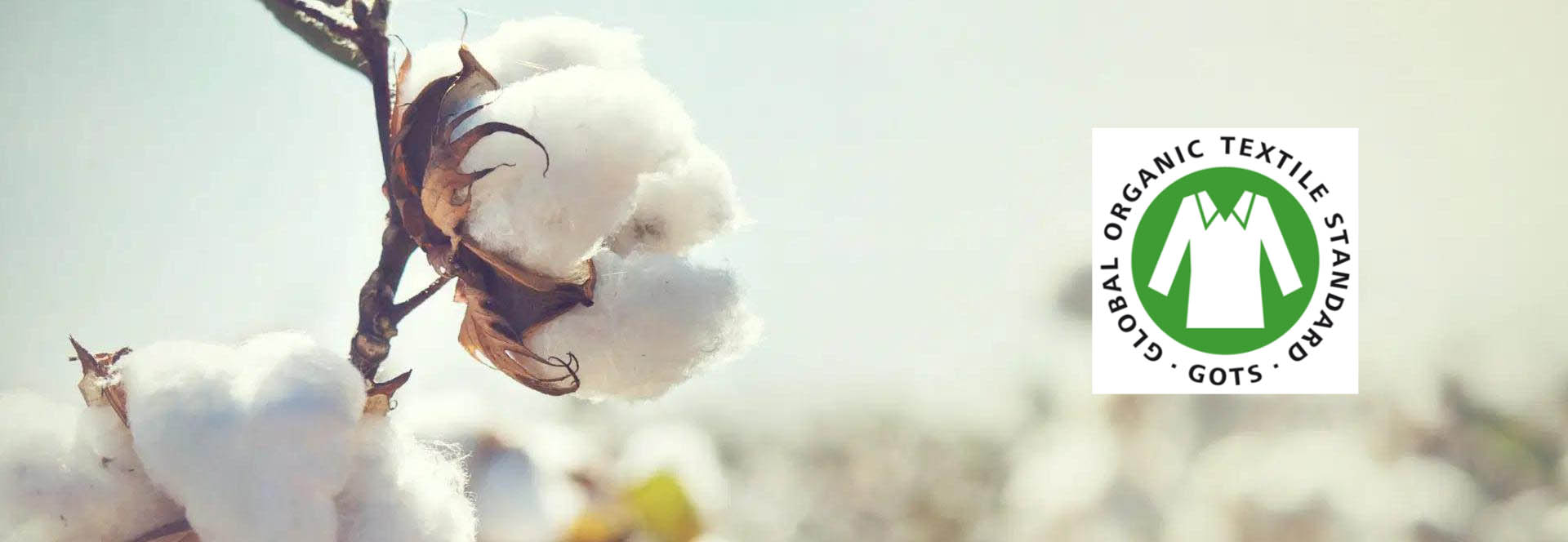Like organic foods 20 years ago, the idea of organic cotton is confusing to many of us. It’s taken a little longer to catch on because the correlation isn’t as direct. We don’t eat cotton fiber (at least we hope you don’t!) However, more people are becoming knowledgeable as to how the organic cotton movement is just as powerful and important as that of organic foods.
In addition to being one of the most widely grown crops in the world, growing conventional cotton is also one of the most chemical-intensive. These chemicals have tremendous impact on the earth’s air, water, soil, and the health of people in cotton-growing areas. They are among the most toxic chemicals as classified by the Environmental Protection Agency.
The problem is even worse in developing countries with uninformed consumers, and lack of stable institutions and property rights. In addition to destroying the land, thousands of farmers die from exposure to these chemicals every year.
Organic cotton is grown using methods and materials that have a low impact on the environment. Organic production systems replenish and maintain soil fertility, reduce the use of toxic and persistent pesticides and fertilizers, and build biologically diverse agriculture. Third-party certification organizations verify that organic producers use only methods and materials allowed in organic production. Organic cotton is grown without the use of toxic and persistent pesticides and synthetic fertilizers. In addition, federal regulations prohibit the use of genetically engineered seed for organic farming. All cotton sold as organic in the United States must meet strict federal regulations covering how the cotton is grown.
JW Garment uses Organic Cotton and produce for the customers who always like the green, environmental products. We welcome any inquiries that have interests on the organic cotton or other regular fabrics or garments.

Post time: Dec-17-2021


